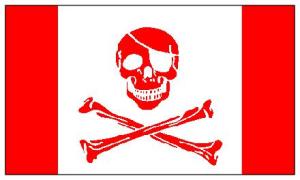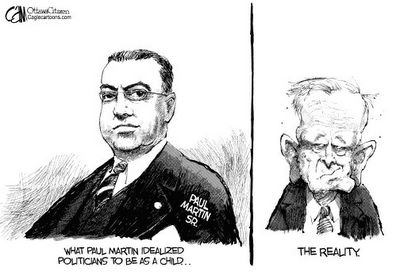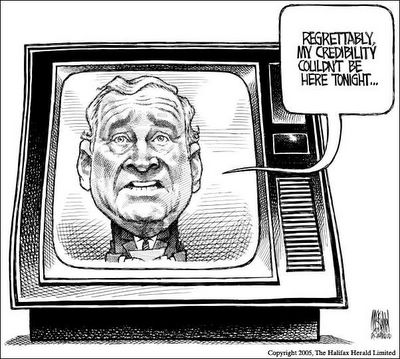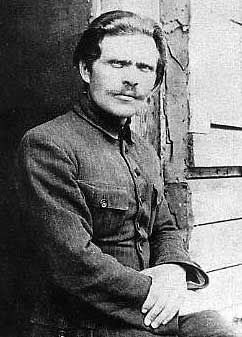
In the ethical seas over which Captain Martin Of Canada Steamship Lines sails, "blind trust" means a patch over one eye.
Canada had signed a double taxation treaty with Barbados in 1980 when the corporate taxes of both countries were roughly comparable. But in 1991, Barbados created a new class of offshore company, the "Barbados international business corporation," whose tax rate would be 1%-2.5%. This created for Canadians, if they routed their business through a Barbados company, a 10-fold savings in taxes.
The auditor general of Canada, in her report of December, 2002, noted that $1.5 billion in taxes was being lost to the Canadian economy annually as a result of this agreement, and she called for a rewriting of the rules. She noted that all of these concerns had been present since 1992 -- throughout the period when Martin was finance minister, but he made no changes.
Martin's hypocrisy again was shown by his announcing in his first budget of February 1994 that he would tighten the regulations allowing Canadian companies to bring dividends of foreign affiliates back to Canada tax-free from a number of countries. But Barbados remained exempt. This allowed Canadian companies, including CSL, to avoid hundreds of millions of dollars in Canadian taxes by moving their foreign affiliates to Barbados.
Martin's action did close certain tax havens, such as Liberia: CSL subsequently moved seven Liberian-registered ships to Barbados, where the tax haven continued.
The fact that Martin has since transferred his controlling interest in CSL to his sons did nothing to prevent this conflict-of-interest situation continuing.
Canadian companies are now stashing more money into offshore tax havens than ever. Between 1990 and 2003, the amount soared from $11 billion to $88 billion, according to a Statistics Canada report last month.

















